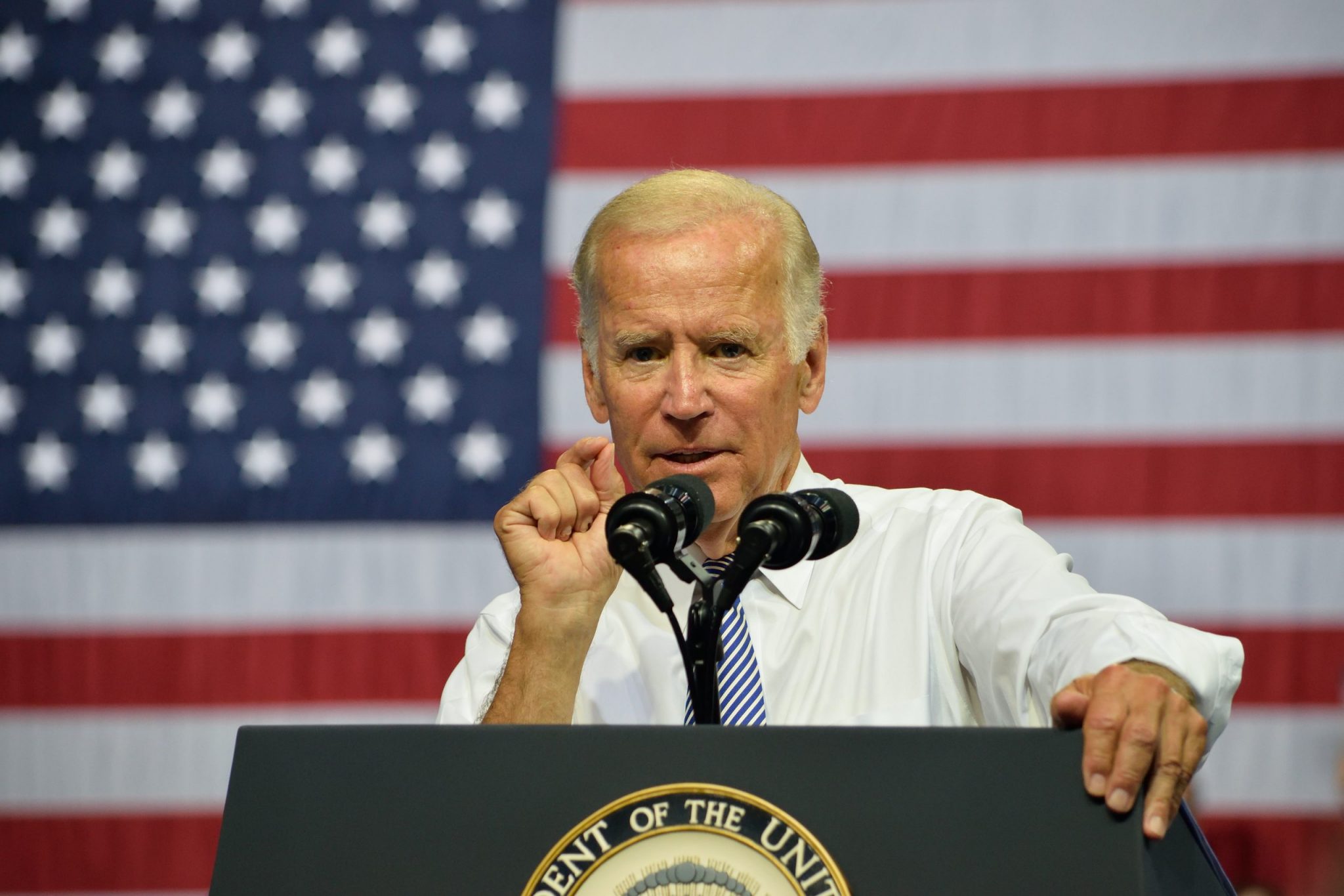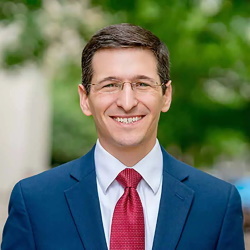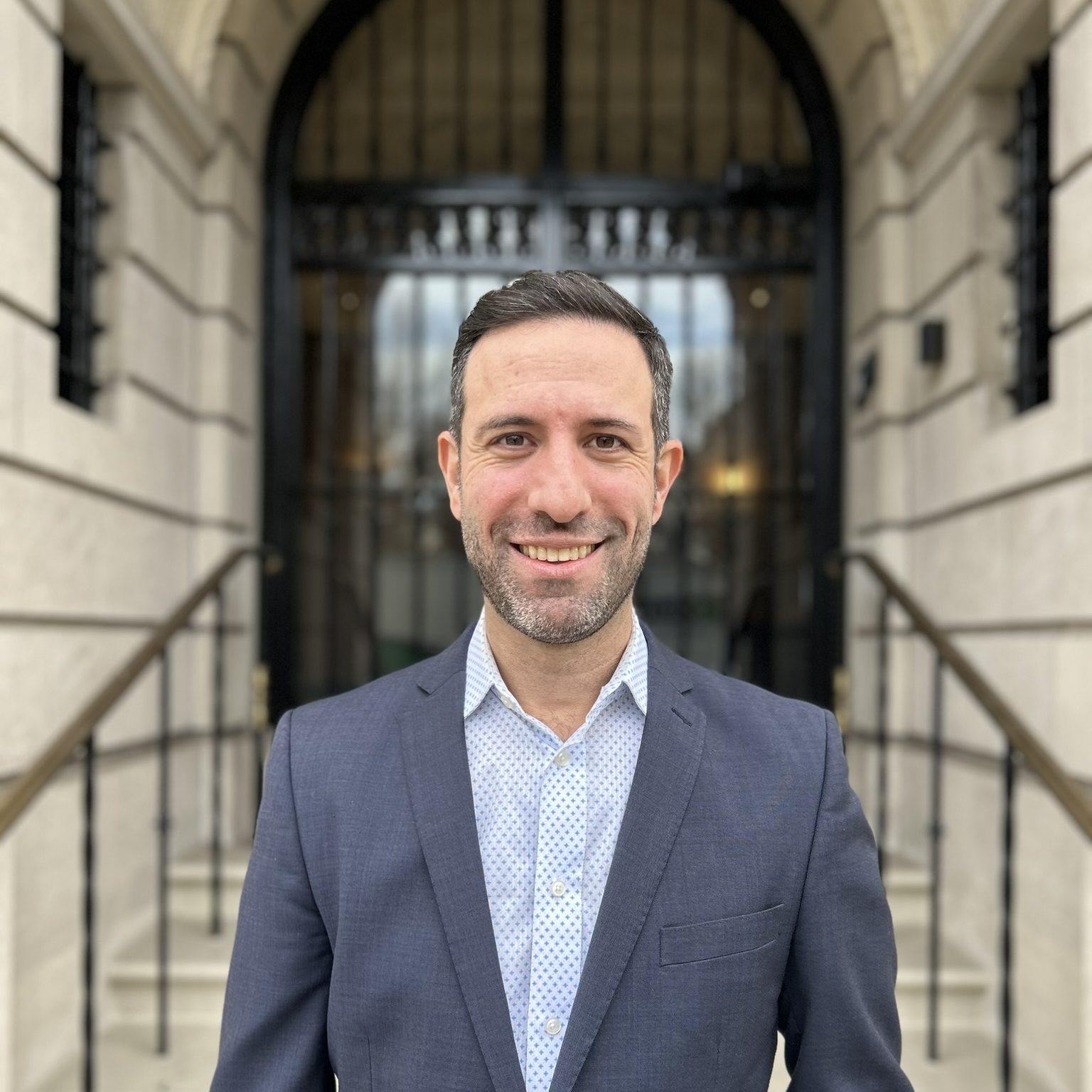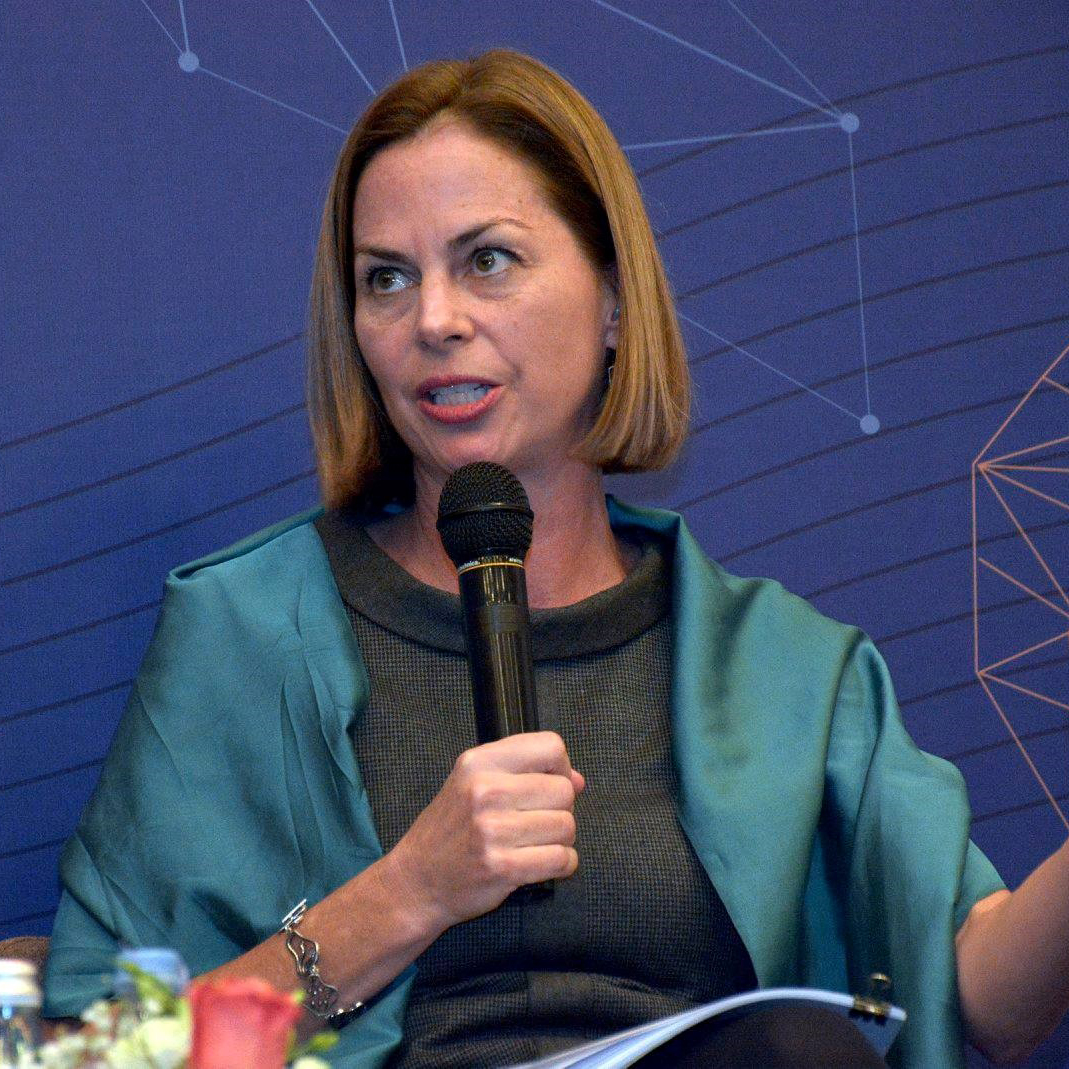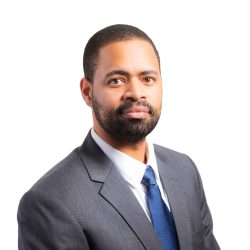On December 9 and 10, U.S. President Joseph R. Biden will bring together leaders from 110 countries and governments for a virtual Summit for Democracy based around three key themes: defending against authoritarianism; addressing and fighting corruption; and promoting respect for human rights.
ASD experts explain what to watch for as countries around the world come together to “renew democracy.”
On Involving Diverse Voices
Laura Thornton, Director
There are several big-picture things I’ll be looking out for at the summit. The first will be how inclusive the event is and the space provided for voices that do not represent the ruling executives of the invited countries. Will, for example, opposition politicians and civil society representatives be allowed to speak on behalf of Philippine democracy alongside Duterte? And how will these viewpoints be incorporated: as full-fledged participants or simply brought in to make some remarks on a panel? How will marginalized communities—women, LGBTQ, ethnic and religious minorities—in general be represented at the summit, particularly given how few of them are among the countries’ invited leaders?
The second area of interest to me will be how much the summit focuses on innovation and sharing solutions and best practices to address challenges facing our democracies. Will there, for example, be an exploration of successful tactics to build public resistance to disinformation? I am hoping that the summit will serve as a forum to share ideas and inspire.
Finally, I am keen to learn more about the so-called “commitments” countries had to put together for the event. I am interested in the process used to develop these commitments. Were they just the whim of the executive or cocreated with broader society? I am also interested in the content. What do the commitments entail, how are they measured and monitored, what are the consequences of non-compliance, and how do they relate to the multitude of other international agreements, treaties, and commitments that already exist. It will also be important to learn how Summit participants visualize the role of civil society, opposition political actors, media, the private sector, and others to participate in the delivery of these commitments and the monitoring of their implementation.
Related reading:
Elen Aghekyan, Junior Fellow
One of the key things to watch at the Summit for Democracy is the success of the event itself in standing by the values of democracy. Mainly, it will be important to watch whose voices are elevated in both discussions and in the commitments that participants have been asked to make. Much of the conversation about the summit has focused on which countries were given a place at the table—a question that is not insignificant, but that fails to capture what it means to design an inclusive global effort to defend democracy. Far more important is a look within and across borders, at the citizens whose active participation ultimately fuels the democratic process. Civil society members, women, youth, representatives of minority communities—theirs are the voices that should be at the center of the conversation. Participating countries have been asked to announce commitments to defend democracy at home and abroad, and the success of those commitments will depend on collaboration between governments and their citizens, and across sectors of society. Yes, strong national leadership will be important. But active citizenship will be indispensable.
Related reading:
On Responding to Democratic Backsliding
Kristine Berzina, Senior Fellow and Head, Geopolitics Team
It’s been a bad stretch for democracy recently. Democratic backsliding is widespread even in countries in the heart of North America and Europe. Since the fall of the Berlin Wall, democracy has been treated not as a fragile system that requires care, but rather as a permanent structure that can be taken for granted or even, by some, as a system durable enough to chip away at without causing too much harm overall. The erosion of democratic principles and processes in Poland, Hungary, and the United States should be a wake-up call. At the summit, will enough democracies truly engage?
What I will be looking at during the Summit for Democracy is whether the framing of the challenge will truly reflect the wide-spread and global nature of the present threat to democracy. Will the United States come to the table with the other countries as equals facing similar struggles? Will the summit be able to create a global commitment to improving citizen participation, societal trust, and honestly addressing some core struggles for countries at all income levels, including economic inequality? Ideally, the summit would kick-off a global effort similar to the COP process for climate change, with clear commitments, targets, and regular reporting. Yet without true buy-in from the participants—and even co-ownership—building such a forum may prove too challenging.
Related reading:
David Levine, Elections Integrity Fellow
Over the last several years, we have seen the lengths to which autocratic actors, both foreign and domestic, will go to take advantage of any cracks in the foundation of democracy. Unfortunately, adversaries are finding increasingly fertile ground for their efforts. As I’ve seen in elections, both within the United States and around the world, those struggling to discern the truth from falsehoods are the perfect victims for such actors to exploit to further erode electoral trust and kick democracy into a death spiral. This week’s Summit for Democracy could go a long way towards determining whether the current assault on democracy is a threat that will ultimately be confronted or condoned. For instance, will democracies ensure that their elections are administered in a nonpartisan manner, free of foreign and domestic interference? Will world leaders confront the rampant mis-, dis-, and malinformation undermining voter confidence in elections? And will democracies ensure that those on the front line of defending elections have the resources they need to keep up with the evolving capabilities of bad actors?
Related reading:
David Salvo, Deputy Director
I’ll be anxious to see how the administration addresses the United States’ own democratic backsliding at the summit. From the insurrection in January to state laws politicizing the administration of elections, we have plenty of challenges ourselves. If the administration can make commitments at the summit that demonstrate serious attempts to repair American democracy, then the United States can lead by example.
Related reading:
On Building Resilience to Autocratic Interference
Josh Rudolph, Malign Finance Fellow
The White House has already kicked off the week leading up to the Summit for Democracy with a bang by publishing the first-ever U.S. government strategy on countering corruption. The strategy was broad in its scope as it is powerful in its details, and departments and agencies such as Treasury and USAID are still announcing more specific programs, regulatory efforts, and policy actions. Most importantly, Treasury committed to regulatory processes involving real estate professionals and investment advisors, as well as support for legislation, as recommended by our research on enablers of corruption. In addition to cracking down on dirty money, the strategy spans the issues of diplomacy, foreign aid, accountability, multilateral structures, and more, making it the most sweeping anti-corruption policy campaign in U.S. history. The only historic comparison is all the legislation enacted after Watergate, but with that not possible in today’s Senate and the threat now transnational, Biden is combating corruption even more sweepingly through executive action as a national security imperative.
This sets a commanding tone for the Summit for Democracy and a very high bar for other democracies to match the U.S. level of ambition at the summit later this week. Similarly bold financial reforms are needed from Australia, Switzerland, the United Kingdom, and Germany in particular. But the anti-corruption strategies, speeches, op-eds, and regulatory notices already on display from the United States this week should put paid to any talk that Biden’s approach to the summit risks being too limited or lacking in concrete deliverables.
Related reading:
Bret Schafer, Senior Fellow and Head, Information Manipulation Team
Given the corrosive impact that disinformation has had on the health of global democracies over the past decade, the topic of information manipulation should receive significant attention during the Summit for Democracy. Yet it is hard to imagine, given the list of invitees, that the summit will produce much more than platitudes, unenforceable pledges, and vague commitments. This is not only due to the inclusion of governments that have routinely used disinformation against their own citizens, but also because of the wide gulf that currently exists between the host country and most of the world’s other democracies when it comes to the need for stronger internet regulations. It therefore seems unlikely that the summit will produce anything close to a shared view of the future of the internet—save for pledges to abstain from the kind of egregious foreign interference conducted by Russia and China.
There are, however, ways in which the summit could serve as a springboard for establishing democratic norms in the information space. First, there should be a focus not only on what democratic governments will not do in the information space but also what they will do to ensure that their citizens enjoy access to a free and open internet. This will require broaching thorny topics—like data sovereignty and the right to privacy online—where there are significant differences even among established democracies. Second, there should be discussions about how to counter the trend of authoritarian governments pressuring Western technology platforms to take actions that undermine democratic values and human rights, such as the Kremlin’s recent campaign to force companies to remove the Smart Voting App. Again, this is an area where there is unlikely to be much consensus, both because several countries at the summit have engaged in similar pressure campaigns and because of the widely shared (and not entirely unfounded) view that U.S. tech companies are part of the disinformation problem.
While there will be an understandable desire to come out of the summit with a collective pledge to reject digital authoritarianism, the philosophical differences between and among attendees means that such a statement will likely lack substance. The real thing to watch for, therefore, is whether the summit can force democratic countries to start to have tough conversations about the kinds of benefits and protections democratic countries should offer their own citizens. Progress on that front should be considered a success, as the goal should be to move closer to clearly defining the rights and freedoms of a democratic internet, rather than crafting commitments to not embrace the tactics of the global communities’ lowest common denominators.
Related reading:
Maurice Turner, Cybersecurity Fellow
The summit is an opportune time for like-minded participants to affirm that building resilience into critical infrastructure and respecting individual freedoms on online as well as offline is imperative to the health of democracies. Never before have there been wide-scale vulnerabilities in systems that manage utilities, communications, and even food distribution; and a willingness of adversaries to attack those systems with little fear of repercussions. Authoritarian regimes thrive when they have full control of communication networks and prevent the free flow of information. New technologies are enabling this on a global scale with exceptional precision. The impacts of influence operations and systematic disruptions are being felt by the global public in a way that was unimaginable just a few years ago. The asymmetrical cyber capabilities of regimes that do not adhere to democratic principles are expanding almost unchecked. These countries, large and small, are succeeding at destabilizing democratic institutions by leveraging the growing interconnectedness of systems and people. While the summit will not stop these interference attempts, I hope that participants will at least coalesce around the idea that a stronger cyber deterrence strategy is necessary to prevent further erosion of democratic institutions and backsliding toward techno-enabled authoritarianism.
Related reading:
On Strengthening Relationships
Zack Cooper, Co-Director
How will the Biden administration juggle the desire to rally democracies (especially allies and partners in Europe) while also managing the challenges that a focus on democracy will create in Asia and beyond? If carefully conducted, this summit could tighten relationships with key friends and demonstrate that shared values are an enduring competitive advantage for the United States. But if handled poorly, the summit could prove divisive, making it harder to build coalitions on security, economics, and technology issues. The messaging will have to be perfect if the Biden team is to walk this tightrope successfully.
Related reading:
Bryce Barros, China Analyst
The Summit for Democracy can be one of the first venues where U.S. officials can encourage and guide counterparts from Taiwan and Central and Eastern European countries (specifically the Baltic States) to have serious conversations about Taiwan’s overall defense posture. Specifically, officials from all parties should use this venue to discuss the soft and gray forms of defense. Taiwan can learn a lot from how the Baltic States have set up cyber militias to defend critical infrastructure from cyber intrusions, while Taiwan can teach their European counterparts about how to build and encourage citizens to be more active in defending against misinformation through civil society organizations. Either way, the U.S. should not miss out on a great opportunity to push for closer CEE-Taiwan ties, and the Summit for Democracy is the highest profile forum to make this happen.
Related reading:
Etienne Soula, Research Analyst
Europeans view the Summit for Democracy with a mix of curiosity and skepticism. On the one hand, it has become apparent in recent months that autocratic governments, first and foremost in Beijing, believe that democracy’s days are counted. Europeans are intrigued to see what Washington can come up with to dispel this notion and reinject some confidence in democratic values and institutions. The fact that, this week, members of the European Parliament and British MPs joined member of the U.S. Senate to clamp down on corruption shows that there is willingness to address global threats to democracy together. On the other hand, Europeans are worried that the focus on democracy risks creating divisions in both NATO and the EU, and that it will make cooperation with autocratic states on issues of common interest, such as climate change, more difficult.
Related reading:
The views expressed in GMF publications and commentary are the views of the author alone.

